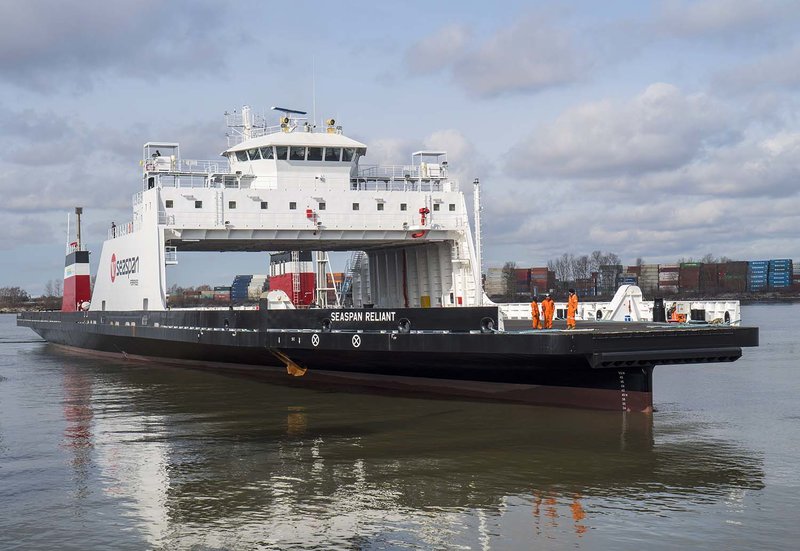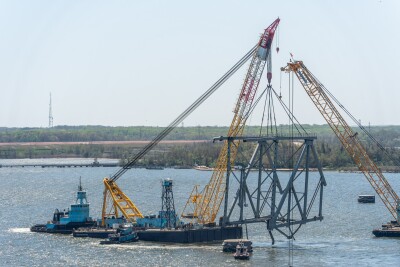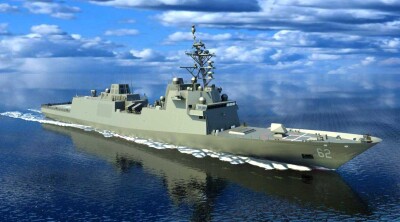Seaspan Ferries, Vancouver, British Columbia, recently took delivery of the second of two 6,750 dwt.,148.9mx26m (488’x85′) LNG-battery hybrid cargo ferries — Seaspan Reliant. The company operates cargo-only services between Vancouver Island and the British Columbian mainland, carrying up to 800 trailers a day. Seaspan delivers more than 50% of all products consumed on the island, according to the company. A sistership, Seaspan Swift, was delivered in late 2016.
Designed by Vard Marine and sporting a draft of 7m (23'), the steel monohull Seaspan Reliant is an LNG-battery hybrid cargo ferry that features two dual-fuel engines and a Corvus lithium ion energy storage system (ESS), which operates as spinning reserve and provides propulsion power for low-speed maneuvers. Corvas provides high power energy storage in the form of modular lithium ion battery systems. Its purpose built, field proven battery systems are designed to provide sustained power to hybrid and fully electric heavy industrial equipment, including large marine propulsion drives. In this case, the engines connect to azimuthing drives that give the ferry a running speed of 16 knots. The new ferry has capacity for 59 53' truck trailers
“The arrival of the Seaspan Reliant marks a proud milestone in the history of Seaspan Ferries Corporation,” Steve Roth, Seaspan’s president, said in a statement announcing the delivery. “With the introduction of a second new technologically advanced, LNG-fuelled vessel to our fleet, we are living out a clear commitment to our drop-trailer customers as well to the waterways in which we operate. As with the Seaspan Swift, the Seaspan Reliant will reduce our greenhouse gas emissions dramatically compared to other current alternatives while delivering the highest level of efficiency, performance and reliability.”
The heart and soul of the new ferries are their main propulsion systems that consist of twin 9L34DF LNG-diesel dual fuel engines by Wärtsilä coupled to constant-speed generators with Wärtsilä LNGPac fuel systems. The combination produces 9,000 kW at 750 rpm of power installed with dual fuel (DF) engines that utilize diesel as the primary source of ignition and gas as a second fuel source for combustion. The DF engines can run either on diesel only, or through a combination of diesel and natural gas.
Back in December 2016, Seaspan officials said that LNG would reduce costs over the lifespan of the vessels, helping offset capital and increased costs of building new boats. Seaspan has been working closely with FortisBC for the past two years to secure its supply of LNG.
Sedef Shipbuilding Inc., Tuzia/Istanbul, Turkey, built both the Seaspan Reliant and Seaspan Swift, which have been classified by Bureau Veritas. Seaspan Ferries currently operates a fleet of seven ferries out of five terminals in British Columbia, the company said.





